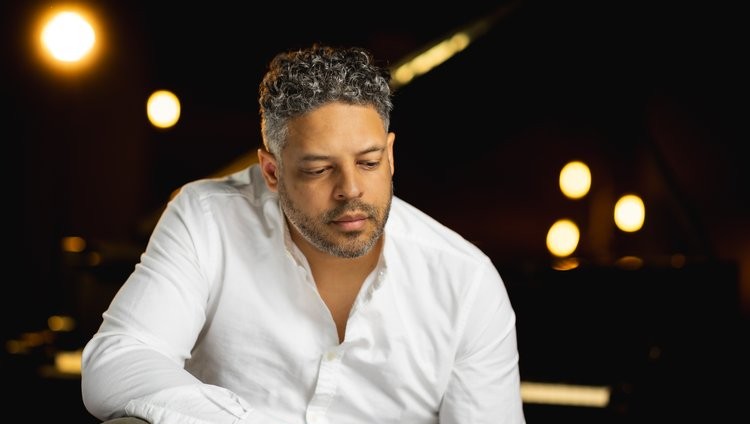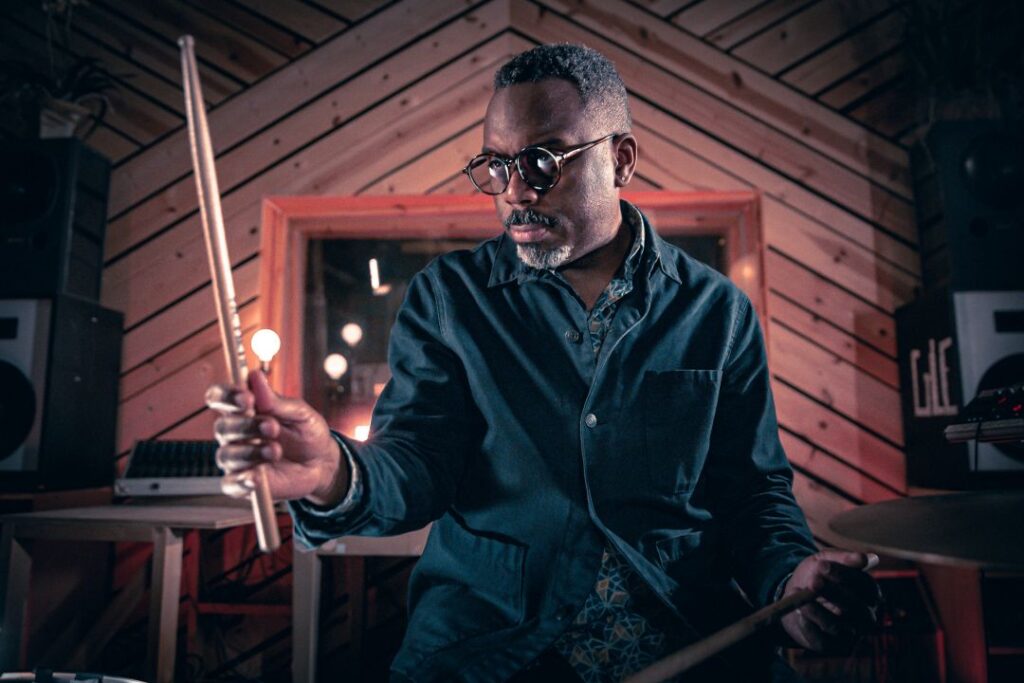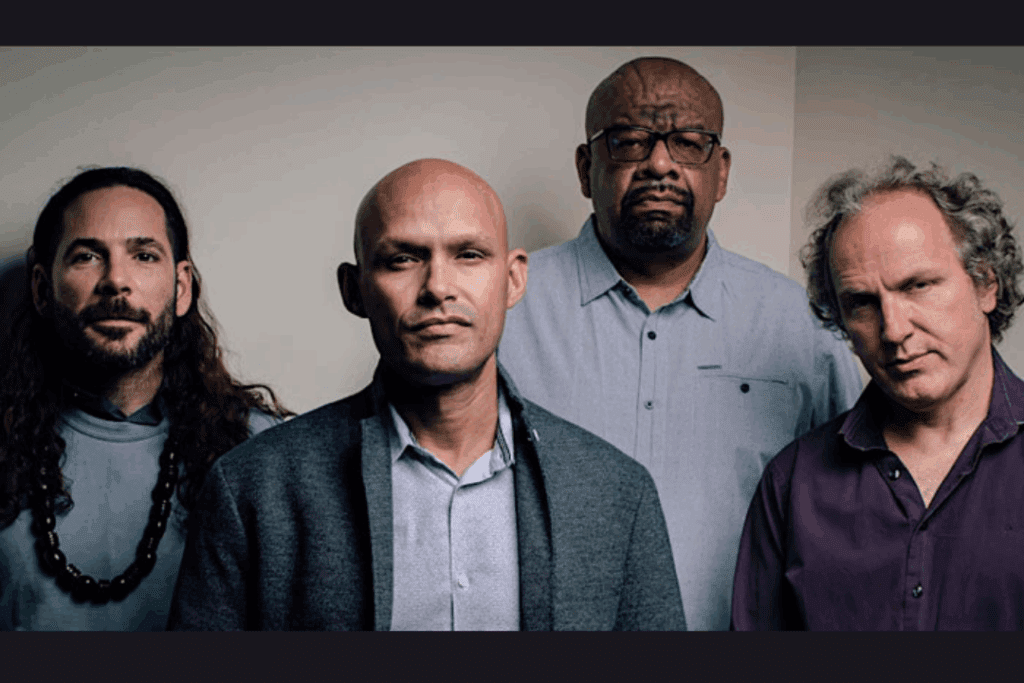
- This event has passed.
Billy Childs Quartet
February 9, 2025 @ 4:00 pm
Billy Childs is one of North America’s most lauded musicians. He has earned seventeen Grammy nominations and six Grammy awards. He is also the recipient of Chamber Music America’s Composer’s Grant, a Doris Duke Performing Artist Award, a Guggenheim Fellowship, and a music award from the American Academy of Arts and Letters. This year he continued his success by winning Best Instrumental Jazz Album for his album “The Winds of Change” (2024). Several groups have commissioned Childs’s orchestral compositions, including the Lincoln Center Jazz Orchestra, the Los Angeles Philharmonic, the Detroit Symphony Orchestra, the Kronos Quartet, and the American Brass Quintet. Jazz critic Don Heckman writes: “Words fail in an effort to describe the complexities and the subtleties of Childs’s musical imagination which is far-reaching…Childs’ works do not simply place genres side by side. Instead, they find a common, creative ground reminiscent of Rumi’s ‘community of spirit.’”
Childs has released 16 albums as a leader. Each is unique, presenting thematic material that focuses on meaningful concepts and illuminates his intelligent, heartfelt approach. He has appeared on hundreds of recordings with such luminaries as J.J. Johnson, Freddie Hubbard, Joe Henderson, Wynton Marsalis, Renee Fleming, Yo-Yo Ma, Jack DeJohnette, Dave Holland, Ron Carter, Gladys Knight, Chris Botti, Allan Holdsworth, Dianne Reeves, Grover Washington, Dori Caymmi, Lou Rawls, the Headhunters and Eddie Daniels. His penultimate recording, Map to the Treasure, Reimagining Laura Nyro, received two Grammy Awards and features Alison Krauss, Renée Fleming, Wayne Shorter, and Diane Reeves.
Billy Childs’ musical development as a youth included tours with hard-bop jazz legends concurrent with classical, academic training. As a youth, he was chosen to perform and record with jazz legends J.J. Johnson (with whom he recorded At Yokohama and Concepts in Blue) and Freddie Hubbard (Skagly, Live at North Sea Jazz Festival). In the liner notes for his new album Rebirth, Childs reflects on his experience playing in two of the most intense, aggressive, hard-bop ensembles when he was only in his early twenties, “J.J. and Freddie are responsible for the jazz part of my pedigree… I learned about comping from Freddie… I learned to expand accompanying into creating environments for the soloists…You couldn’t listen to him and not know what to play.” Childs remained a member of Hubbard’s ensemble for six years. The influence of hard bop on Childs’ music is undeniable and is reflected in his penchant to deconstruct and re-harmonize jazz standards. Furthermore, the thread of excitement in Childs’ work and his appreciation for muscular playing provides a perfect balance to his more introspective and delicate selections.
—San Francisco Classical Voice




